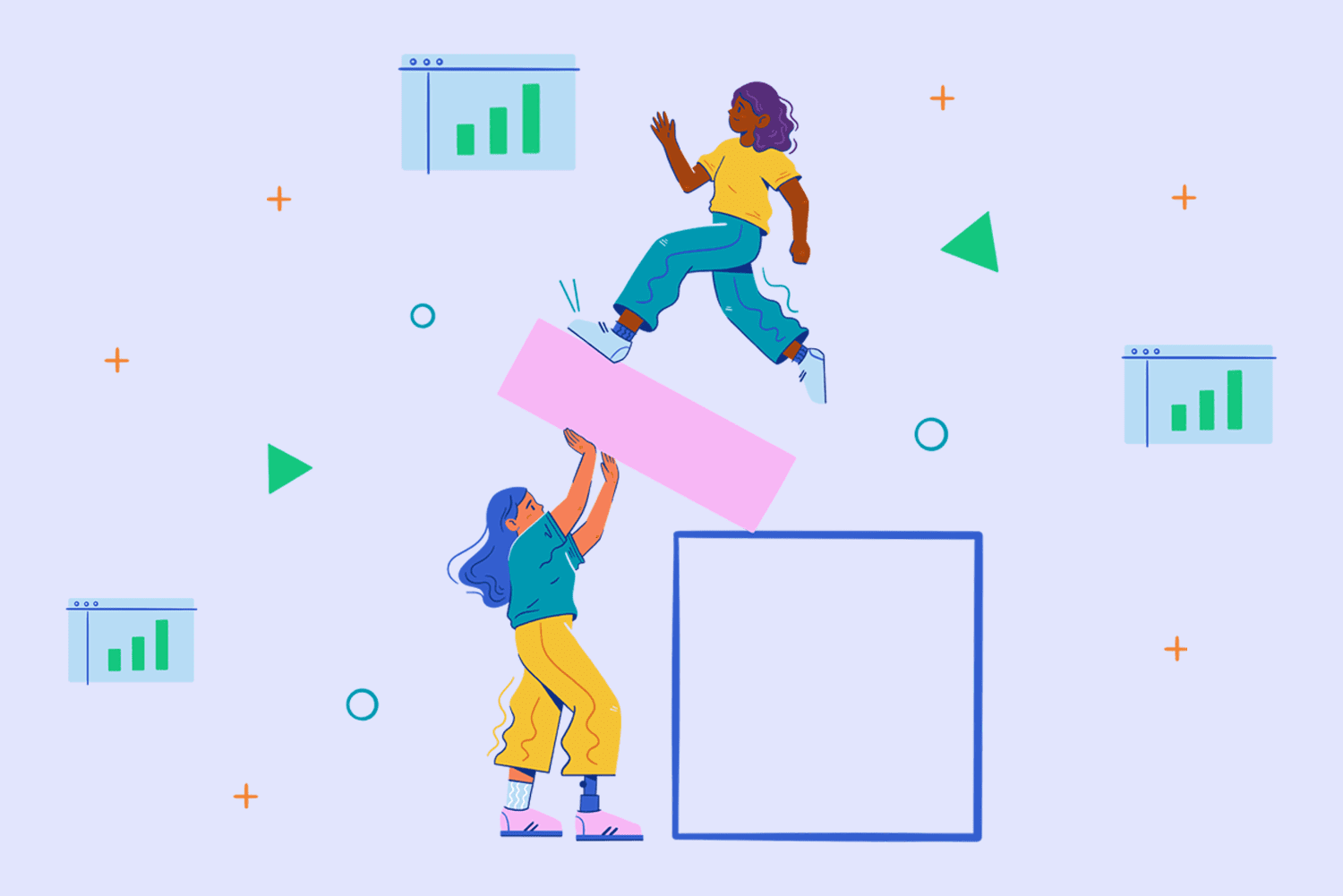
You’ve got your first interview as a junior developer? Congratulations! You’ve put in a lot of hard work to get this far, and we’re going to help guide you through the interview process you’re about to embark on.
One of the best pieces of advice you can listen to when going through an interview process is to remember that you’re interviewing them too! Not only are they as a company getting to know you, but you’re also finding out more about them. You’re probably already analyzing and considering questions like:
- Does the role sound interesting?
- Do these people seem nice?
- Could I see myself working here?
- How do I feel?
These will all feed into your level of desire to work at that company. With that in mind, let’s dive into the interview itself and what that may entail. It’s important to remember that each company’s interview process is different.
The conversation
This step may come before or after the coding challenge, if there is one. But this is standard for all interviews, whatever industry and role you’re applying for. Here, they’re getting a feel for you as an individual so it’s important to be yourself.
There could be a few different topics that may be covered at this stage, for example:
- You and your previous experiences and education
- The role and company in more detail
Then, interviewers will often go over some competency-based questions.
It’s important before you attend an interview to do your research. You should know who you’re being interviewed by, the basics about the role you’ve applied for, and a brief background about the company and what they do.
You may be asked questions such as “why do you want to work here?”, and you should be prepared to give a good, honest answer. It’s also helpful to revisit the job description of the role you’re applying for.
The coding challenge
This is often a common stage in junior developer interviews – but don’t worry, they will accurately reflect the skill level required to undertake the role. So you should be well prepared!
The challenge will focus either on object-oriented programming or designing a system, and others will focus more on coming up with an algorithm to solve a problem. The purpose of these challenges is to understand your level of skill. As with code, there are a million different ways to approach problems and they’ll be looking at your problem-solving skills here.
The technical interview
Don’t worry – the majority of your questions will be cultural as you’re a junior developer. However, it’s important to practice some technical questions and come prepared.
The technical questions will be focused on certain coding languages and frameworks. Why you like them, why you don’t, your experience with them, benefits and drawbacks – generic questions in order to show a broad understanding.
After all, you’re not an expert and you don’t claim to be – you’re a newbie! So a broad understanding and an enthusiasm for coding will go a long way to impress.
Our final advice is to not put too much stress on yourself. This may cause more damage than good. Try and relax in your interviews so you can be yourself as much as possible. Remember – even if they don’t go well, it’s all experience for you to draw upon in future interviews.
Good luck!

